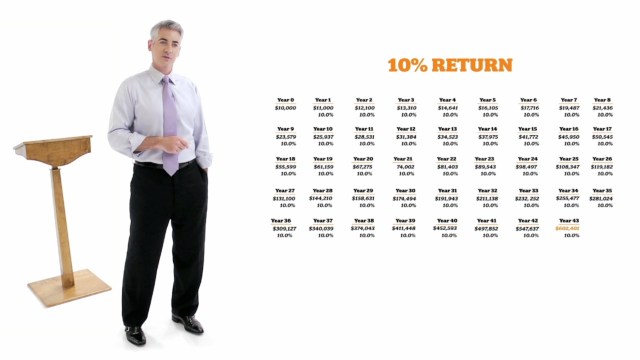Boost Critical Thinking: Let Students Use Google on Exams

What’s the point of a high school examination? Ostensibly it’s to gauge whether a student has crammed enough necessary information into his or her noggin. According to the head of a U.K.-based exam authority, we may very well be at a turning point for exams. Paul Sawers at VentureBeat has the scoop:
“Mark Dawe, chief executive of OCR, an exam board that provides qualifications for pre-college-age children in parts of the U.K. … has said it’s inevitable that students will be allowed to use the Internet in exams.
‘Exams are for assessing what students have learnt,’ said Dawe. ‘We’re seeing students use search engines more when they’re learning, and exams are also for preparing for employment or further study. You should still need a base understanding of things, though.’
Dawe said that exams should reflect how students learn in the real world — and there is little question that students use Google, Wikipedia, and the like to garner ‘facts’ related to their studies.”
Oh boy. This is just dripping in fuel for the ornery “kids these days” crowd, and it’d be hard to argue that those folks don’t have a point. But key to Dawe’s observation here is the way he describes the purpose of exams. Our academic systems have, for a variety of reasons, evolved in the past few decades from institutions of knowledge into centers for career development. Most people don’t attend college to explore the human condition or to grasp at the hidden truths of existence, but rather to obtain a piece of paper that makes them hirable.
So Dawe is, in a way, mapping the continued evolution of university education. If the point is to get young people prepared for the white collar workforce, then why shouldn’t exams be tailored in a way that promotes problem-solving, information-gathering, and self-teaching strategies?
Sawers writes about precedence for technology-assisted tests. One could argue, he posits, that allowing students to Google certain information is analogous to allowing them to use graphing calculators in math exams. Let technology do the heavy lifting; leave all else to the brain:
“Back in 2009, 14 Danish schools allowed pupils to use the Internet during exams as part of a pilot project. During a Danish language exam, the assignments were adapted to allow the use of online resources.
The questions couldn’t be straightforward with easy answers; there had to be a level of complexity to them that involved thinking and connecting the dots. In other words, it could actually improve exams if it’s less about regurgitating facts and more about analyzing information.”
It’s definitely thought-provoking, this sort of thinking. Part of me shudders at the thought of higher academia continuing in its transition toward job training. The other side wonders whether traditional exams have been holding us back all along. Critical thinking, learning strategies, and research skills are paramount in today’s economy. Why shouldn’t we modify academics to foster them?
Check out Sawers’ full piece at VentureBeat.
Below, author and journalist Fareed Zakaria explains that our future economy will depend not only on a hearty supply of skilled laborers, but also on the ability of those laborers to exhibit excellent learning skills:
Photo credit: bibiphoto / Shutterstock





